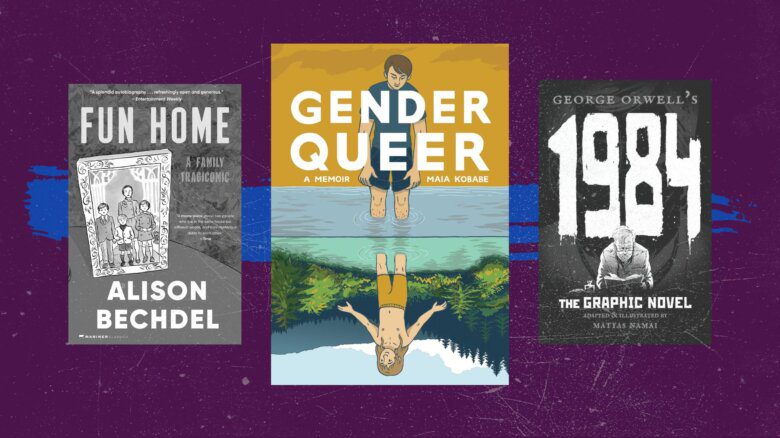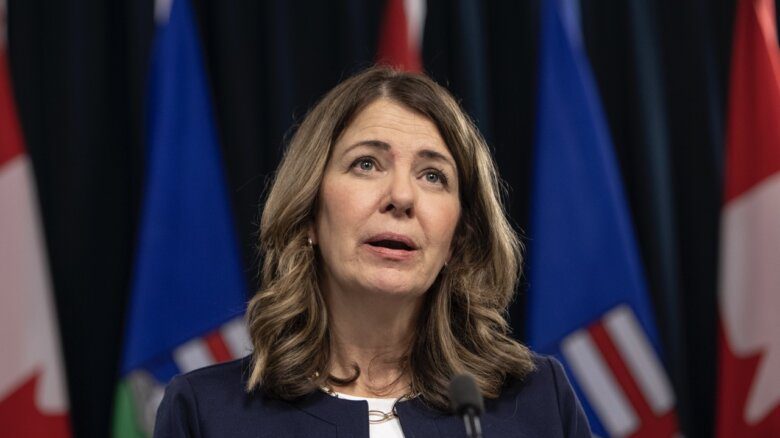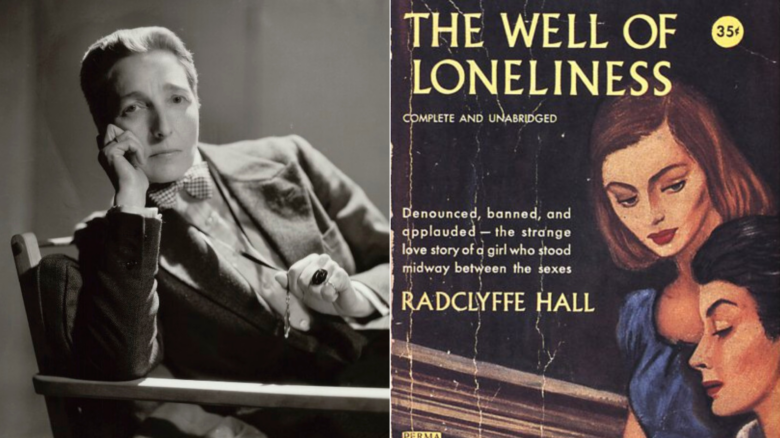Shereen El Feki’s new book, Sex and the Citadel, takes readers into the bedrooms of Arab society and reveals a history of sexual openness within Islam.
El Feki is an academic and journalist who grew up in Canada and is half Egyptian. Her book, which she researched over a five-year period, examines the changing attitudes toward sex in a post-Arab Spring world. It also looks back to the Abbasid period of Islamic history when sexuality was celebrated and discussed much more openly than it is now.
“We used to have whole dictionaries which were just about sex,” El Feki says. “There were over a thousand words, for example, for ‘to have sex.’
“And now today we are incredibly narrow, and most people in the region, if they want to talk about sex and they know another language, would prefer to speak about it in French or English or even Hebrew, if they are Palestinians living in Israel.”
El Feki’s work in HIV/AIDS allowed her a unique view into the sex lives of Arabs — including men and women who have sex with people of the same sex.
She found that some of these people might identify as gay, but they aren’t looking for the same things as gay activists in the West.
“They are looking for something quite different,” she says.
Watch xtra.ca for the second part of Toronto author Kamal Al-Solaylee’s interview with El Feki, which will be posted April 5.

 Why you can trust Xtra
Why you can trust Xtra


